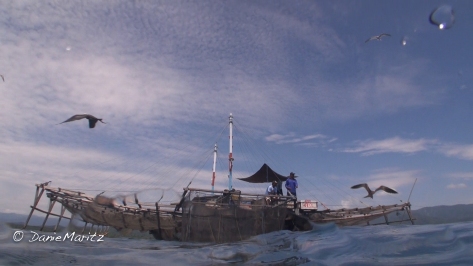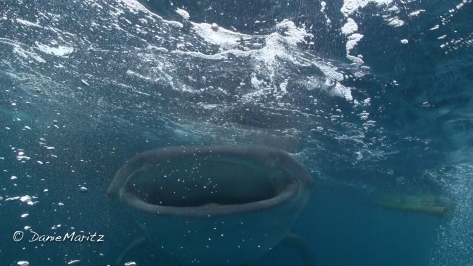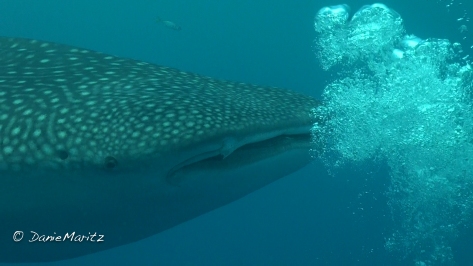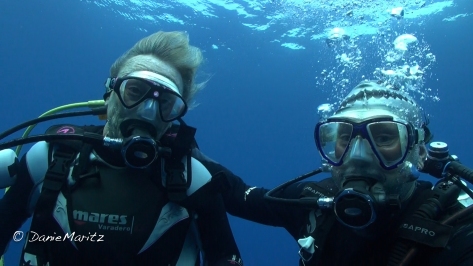
Jardines de la Reina …… or “Gardens of the Queen”
It was so named by Christopher Columbus to honour the Queen of Spain.

This must count as one of the great dive locations in the world! It’s part of Cuba, which is the largest island in the Antilles, separating the Atlantic ocean and the Gulf of Mexico in the North from the Caribbean ocean to the South.
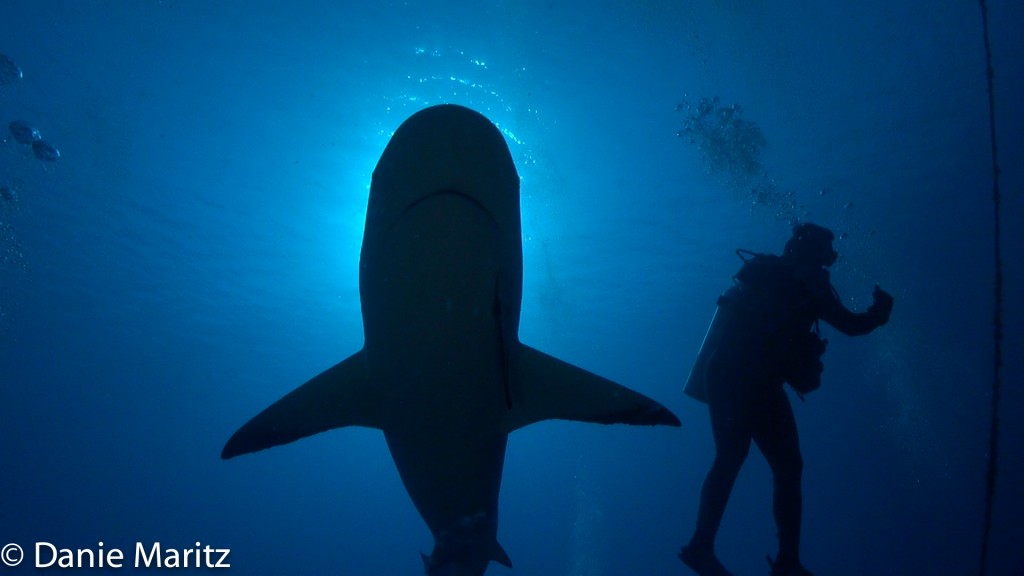
Avalon operates 6 liveaboard boats, all in the same area. They all dive the same sites, but you would think that you are the only boat in the area. You never see the other boats. It takes a whole day to get to the liveaboard from Havana. A bus picks you up at your hotel in Havana at 4am on Saturday and takes you to Jucaro Port, a 9 hour bus ride. The bus is quite comfortable and makes a couple of stops along the way. From here you take a 2 hour boat tide to the Jardines de la Reina where you board one of the Avalon liveaboard boats, which will be home for the week. At the end of the week, on Friday, you leave the liveaboard again during the course of the morning and arrive back in Havana at your hotel again at about 9pm.
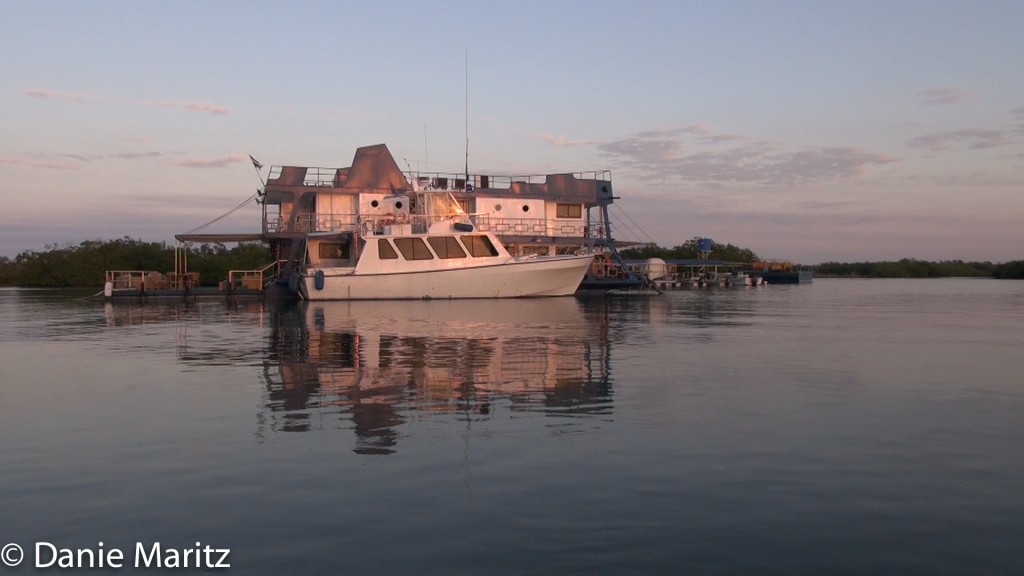
We stayed on the “Tortuga” which is more like a floating hotel. It is anchored in one place and does not sail anywhere.
Avalon is the only dive operator in this whole marine park, which lies south of the gulf of Ana Maria. It is 60 miles off the southern coast of Cuba. An archipelago of 250 virgin coral and mangrove islands spresd over 75 miles. It has been an official Marine park since 1996.
Avalon also does fishing trips in the same area. It’s all catch and release fly-fishing.
Staying on the Liveaboard is great. A nice big air-conditioned cabin with your own on suite shower and toilet.
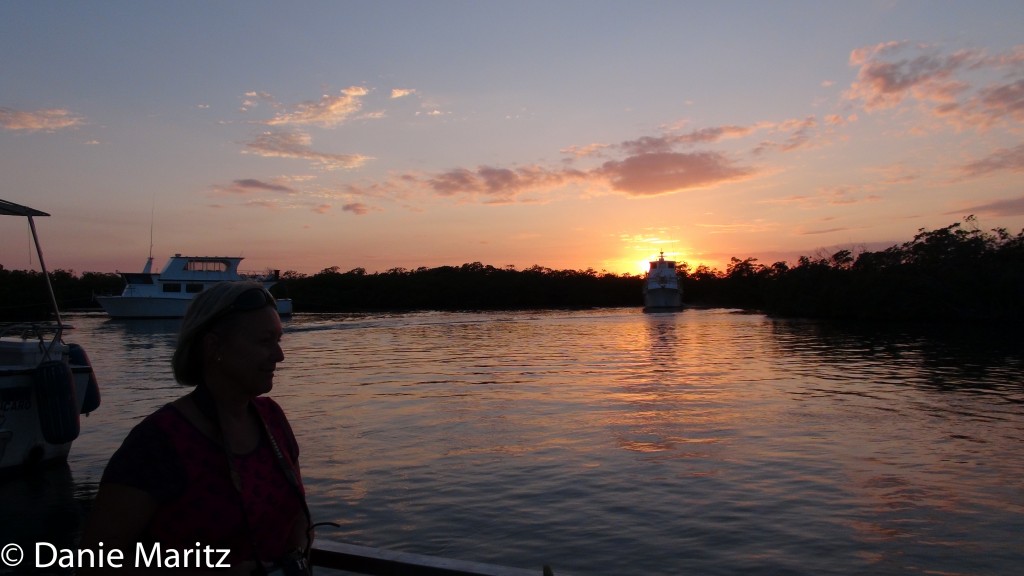
A stunning sunset marks the end of every day and then it’s time for Mojito sundowners and Salsa. The food on the boat is excellent.
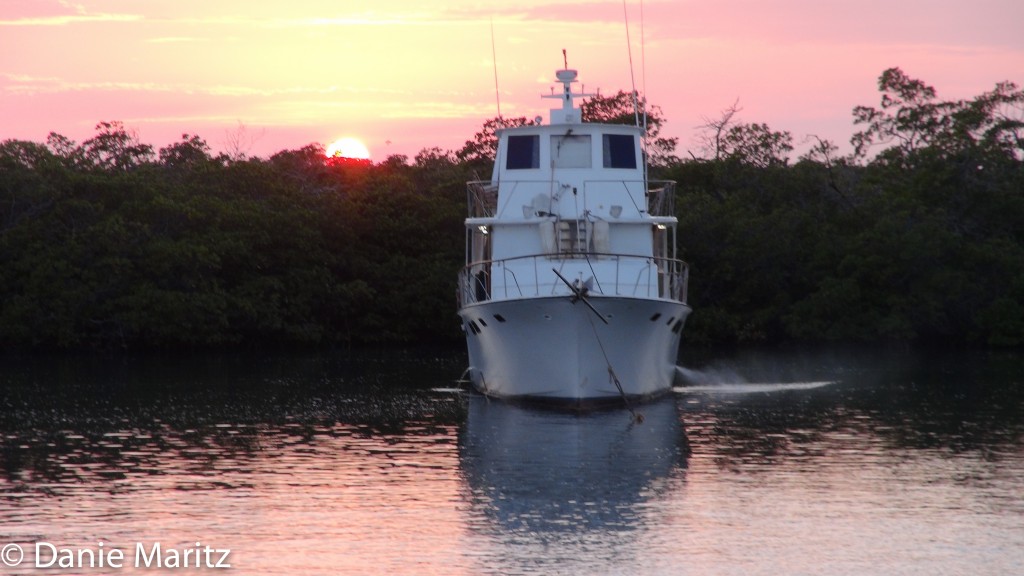
The diving was great. We made 3 dives a day. They transport you with a very sleek, fast 33 or 41 ft dive boat to the dive sites. We did not have Nitrox available, but they were busy working on the installation. So, it would be available in future. Almost all the dives were fairly shallow. Hardly ever deeper than 30m.
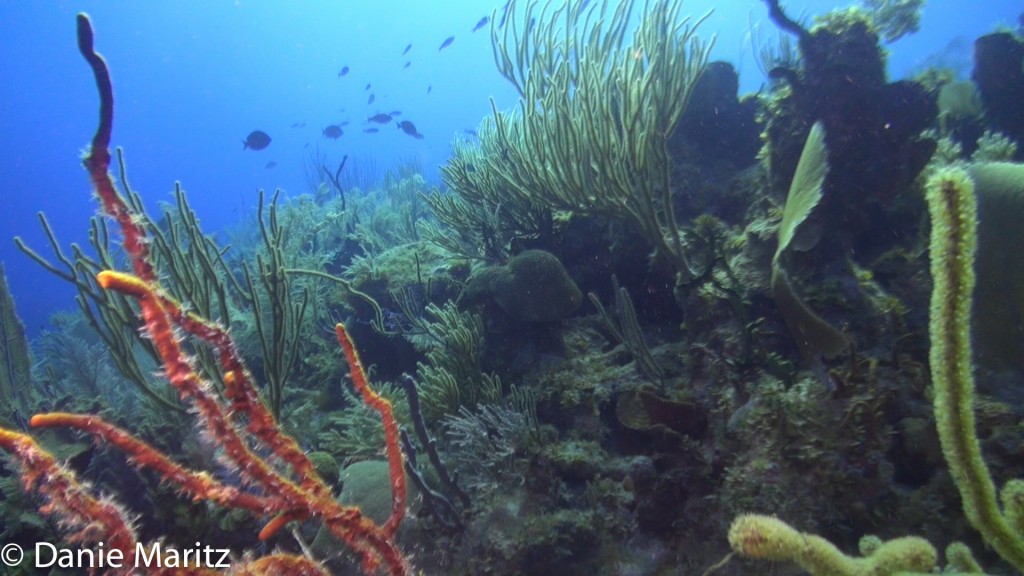
You can’t complain about any diving done at 27 degrees C water temperature and 40m+ viz.
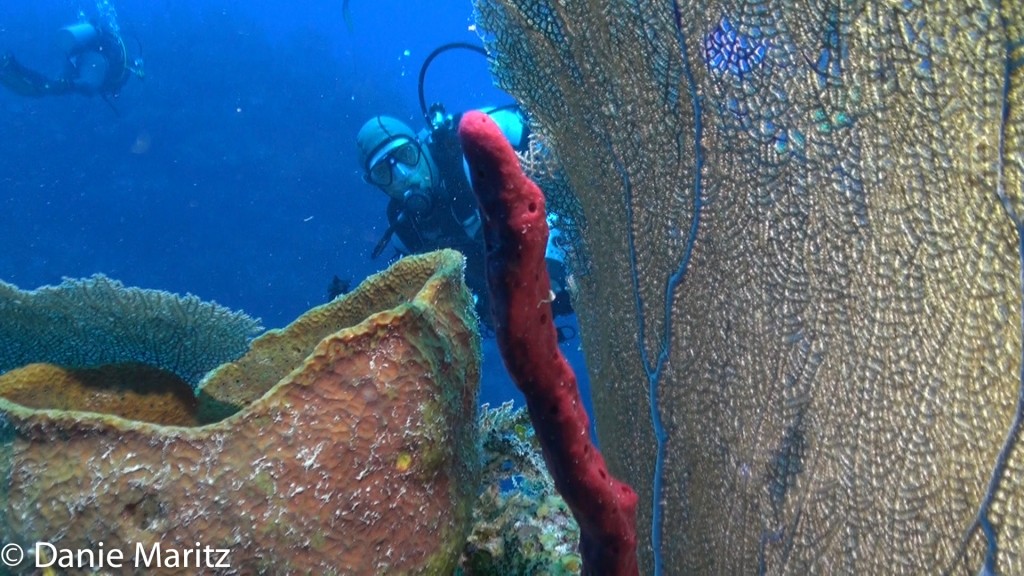
There are also many caverns to swim through.
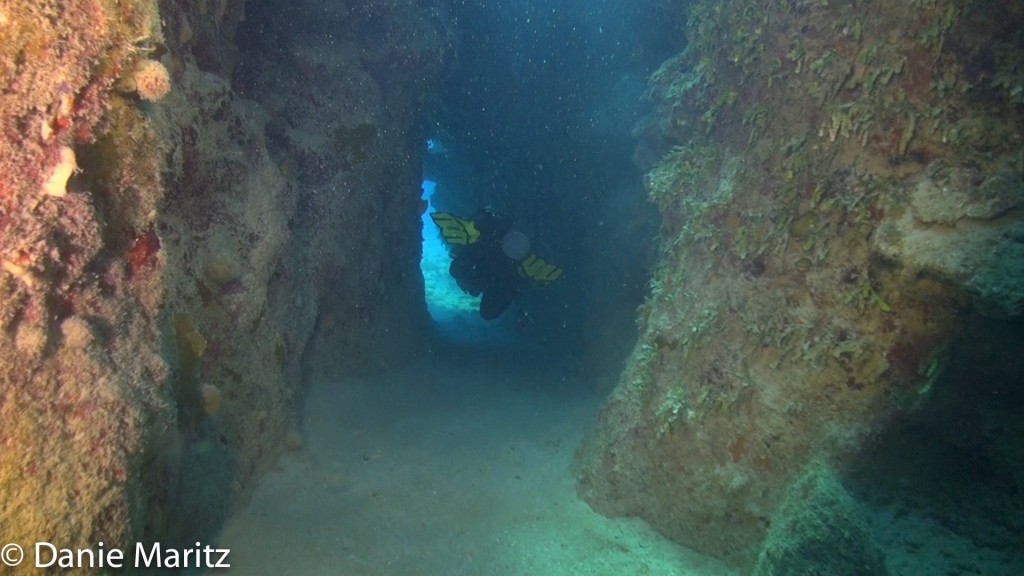
This whole area has many schools of large fish, such as snappers, groupers, jewfish and sharks. There are 6 different shark species, namely, silky, reef, lemon, blacktip, nurse and hammerheads.
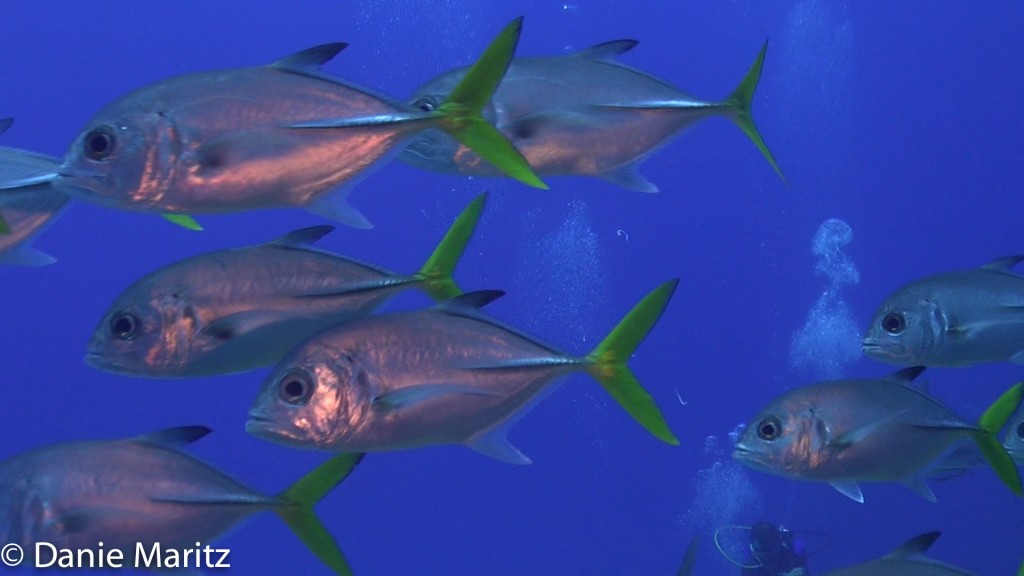
The Silky-sharks and Caribbean reef sharks are beautiful, with their almost golden colour and so streamlined.
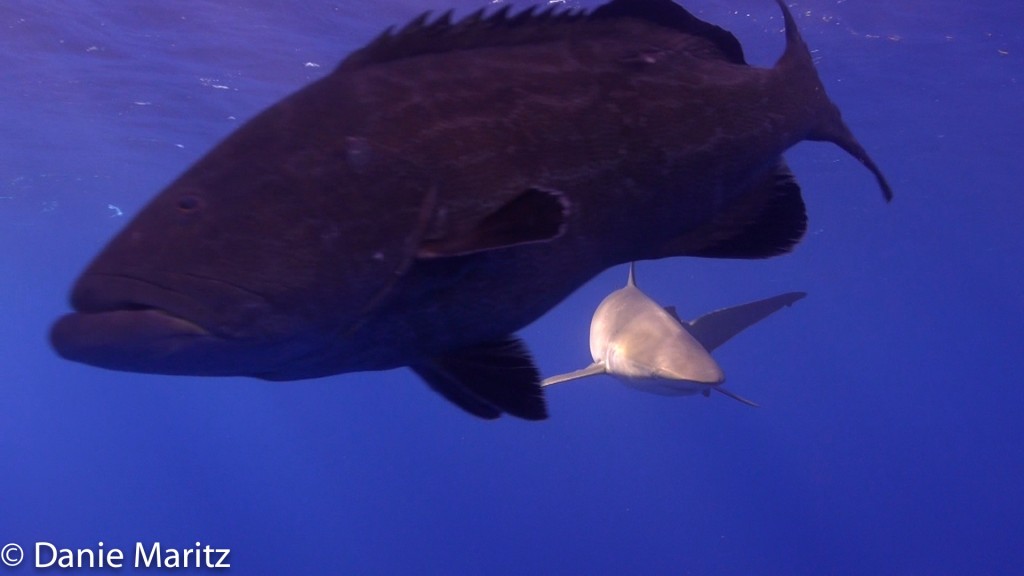
Grouper and silky shark.
Apart from that they are also inquisitive and keep swimming with you within touching distance.
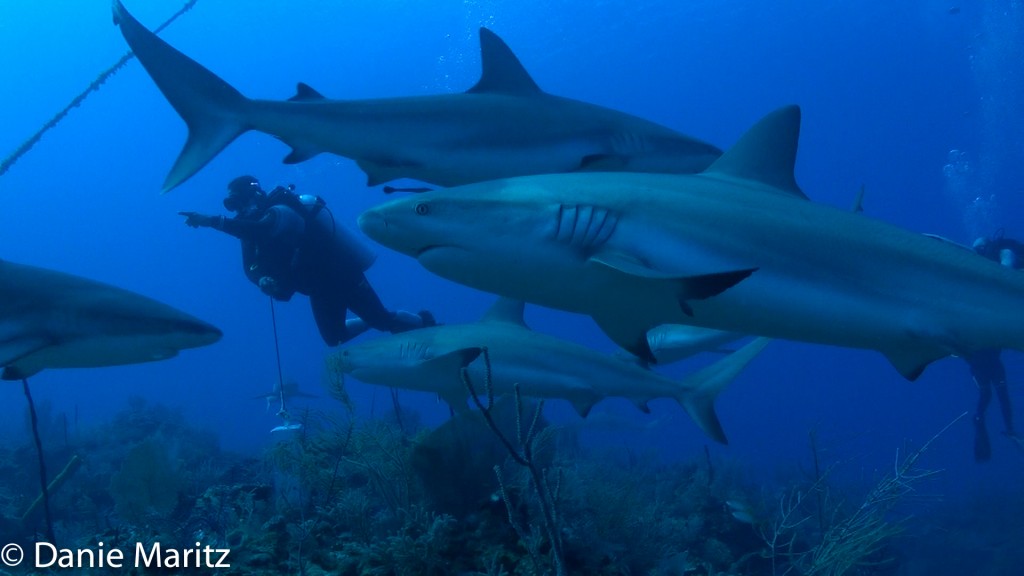
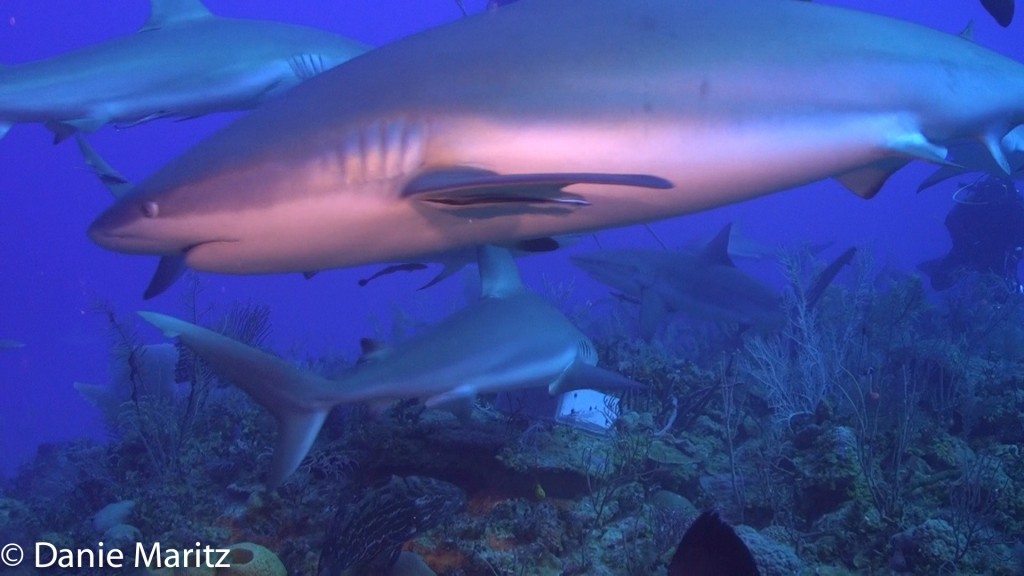
Caribbean reef shark.
On the last day we also dived in the mangroves, because the sea was a bit rough due to the wind. The mangroves are like a complete different world. It is more muck diving, with all the hermit crabs, critters and especially many upside down jellyfish ( Cassiopea).
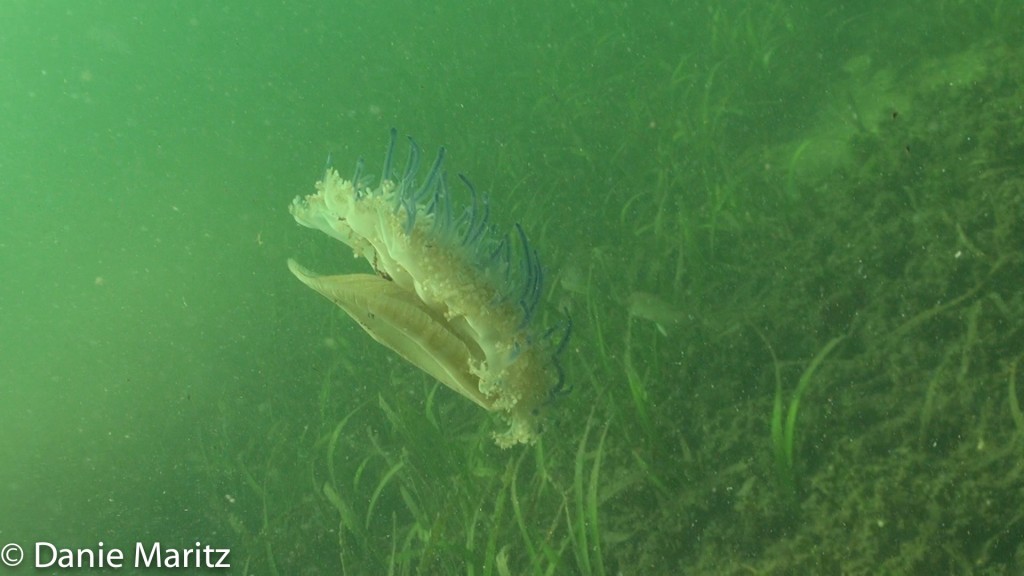
Upside down jellyfish ( Cassiopea).
The streaming sun rays bouncing through the branches, creates a wonderful, pleasant, eerie like atmosphere.
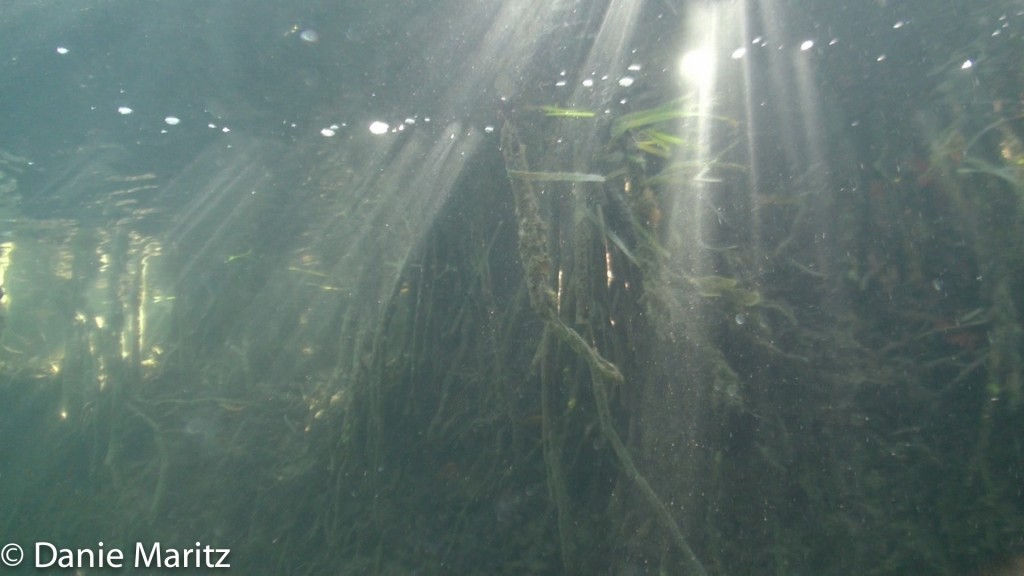
Riding on the dive boat between the mangrove islands on the absolute flat, mirror surface, is like gliding on jelly. You also have all the beautiful reflections on the water all around you.
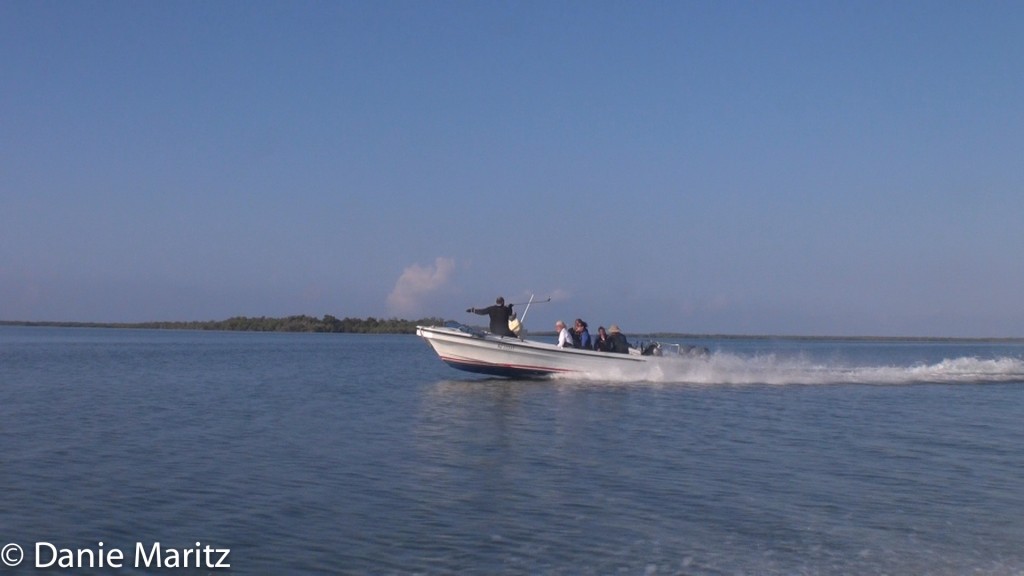
Walking on the beach of the islands won’t be complete without encountering some iguanas. They are also inquisitive and not scared of humans.
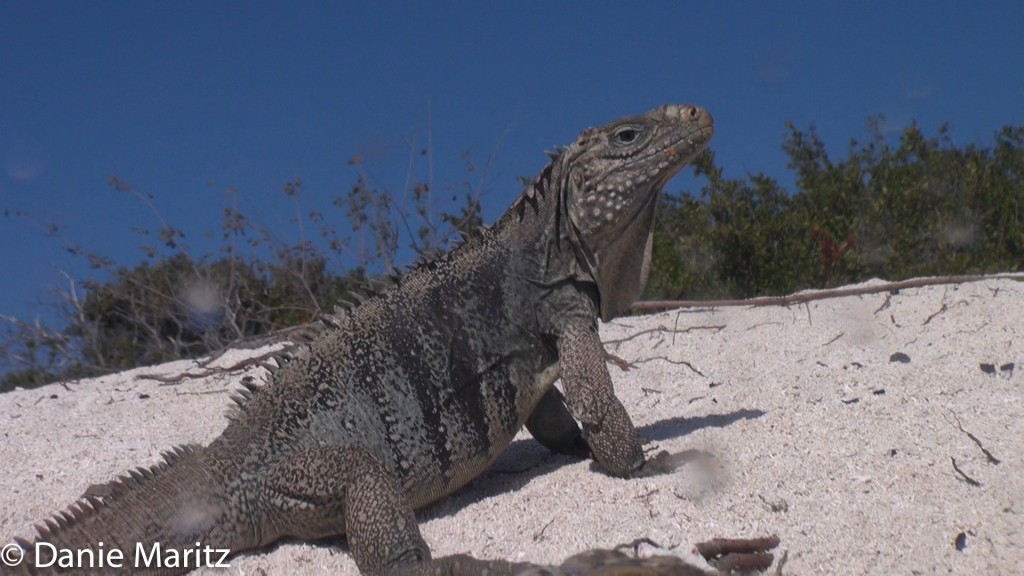
Iguana
Beautiful to watch and film. On the beach of one of the islands we also came across Hutias, also referred to as “banana rats“. This specific one that we came across, seemed to love our cold drinking water.
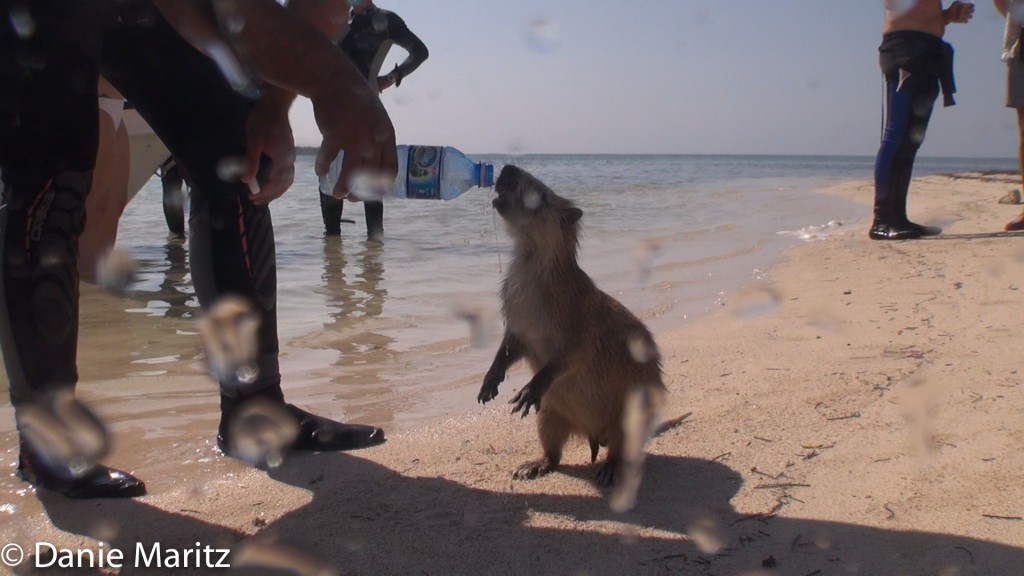
Hutia drinking water.
Diving in the mangroves would also not be complete without filming the odd crocodile. They call them Caimans in this part of the world.
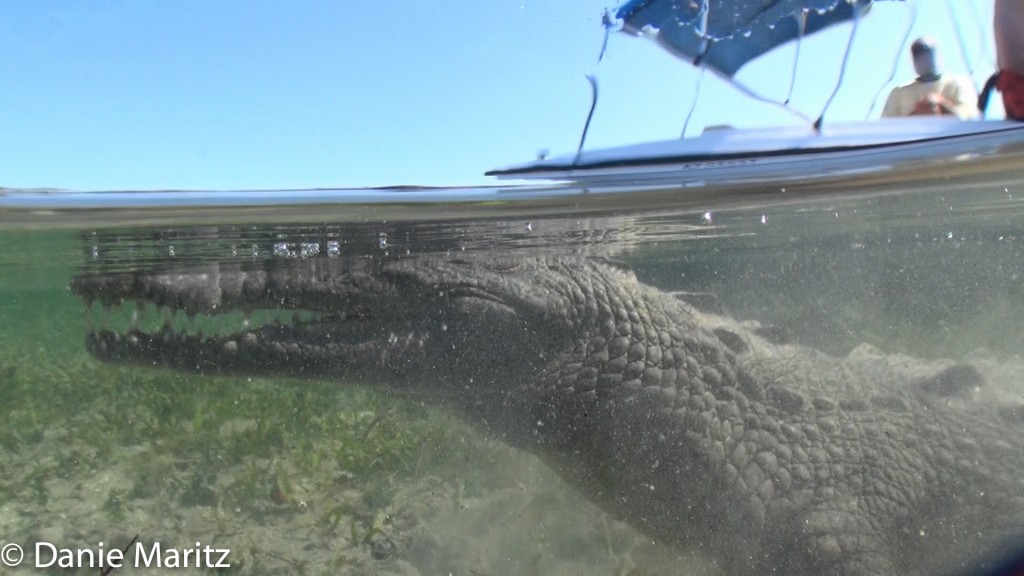
Caiman
It’s another one of the many dive experiences that makes this part of the world so very special.
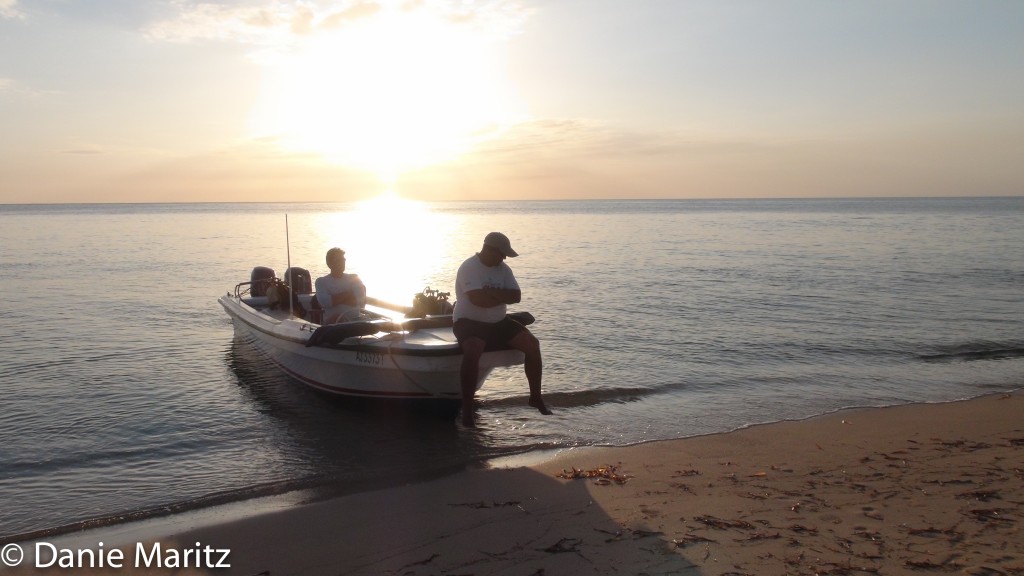


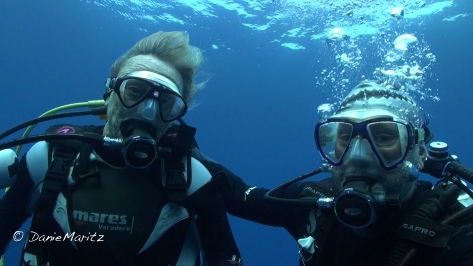
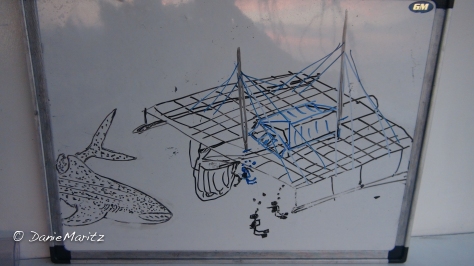
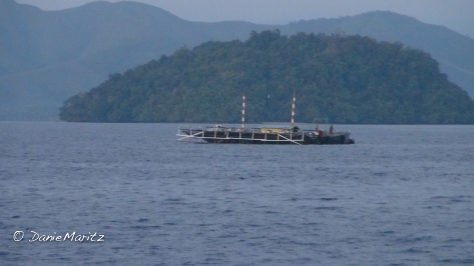
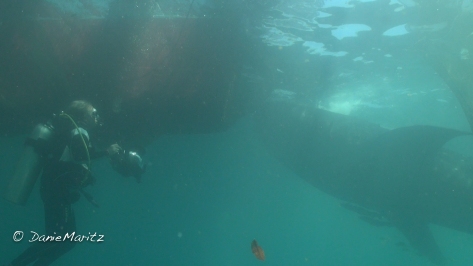
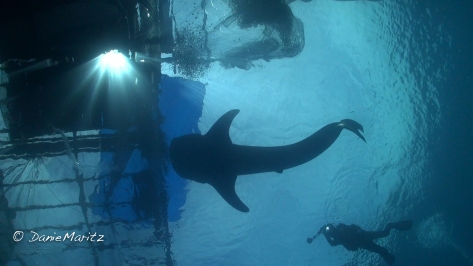
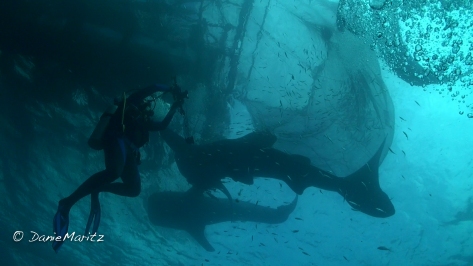
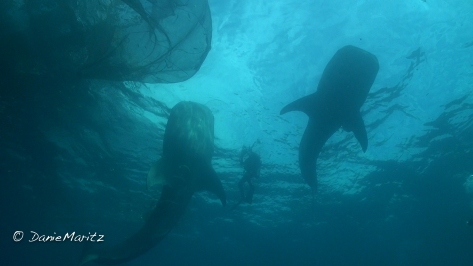
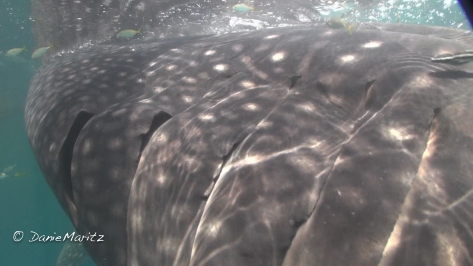
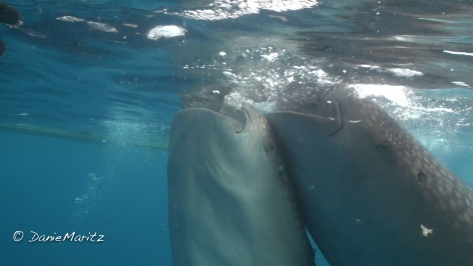
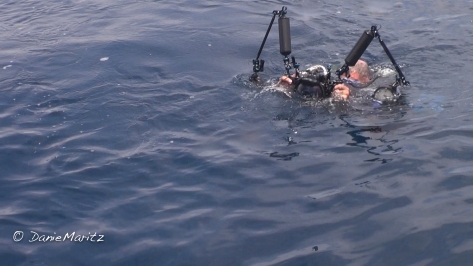
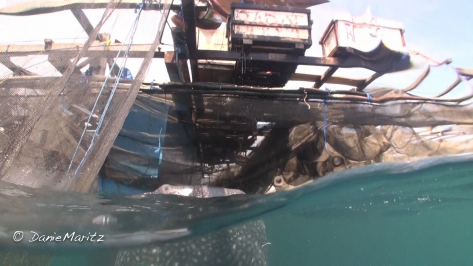
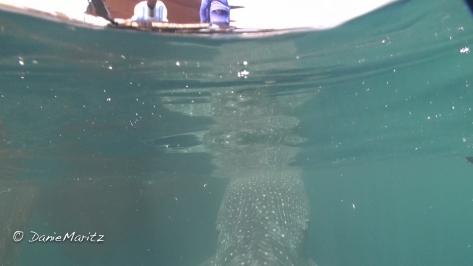
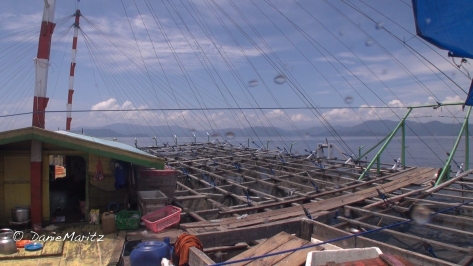
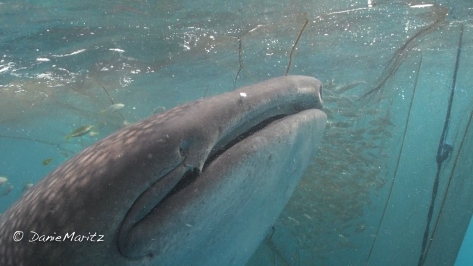
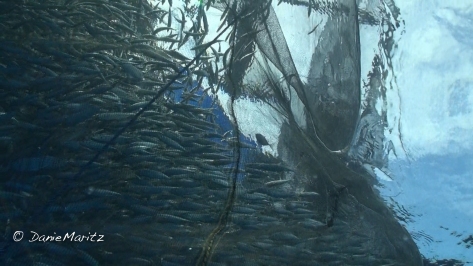
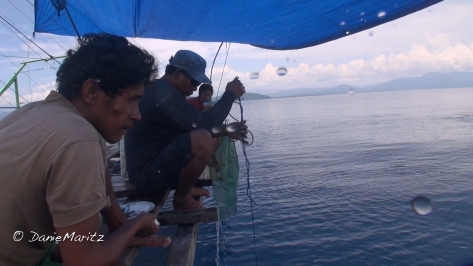
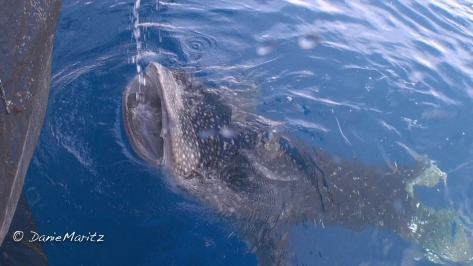
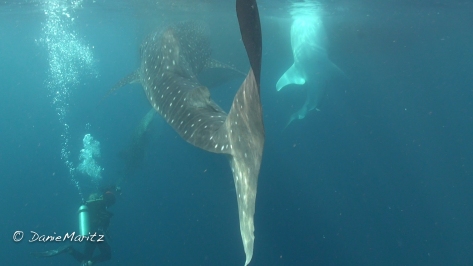
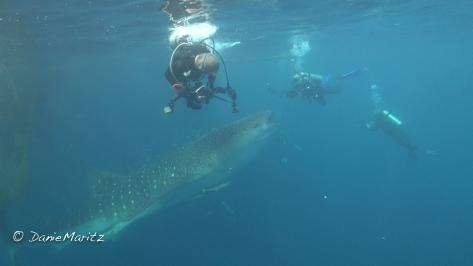
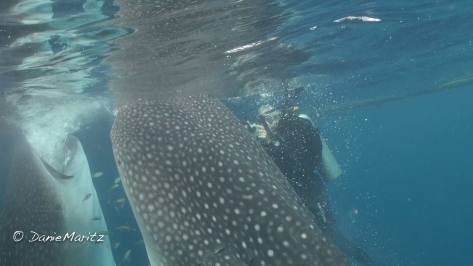
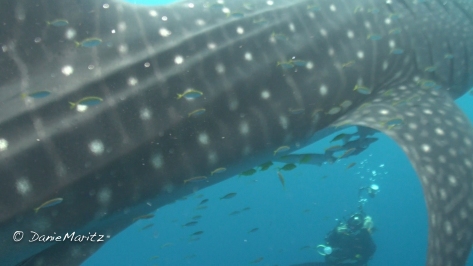
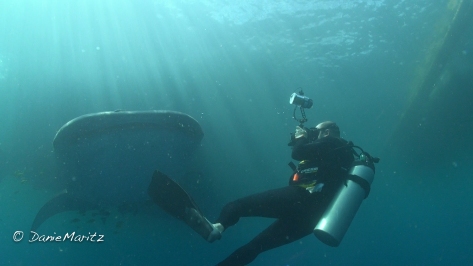
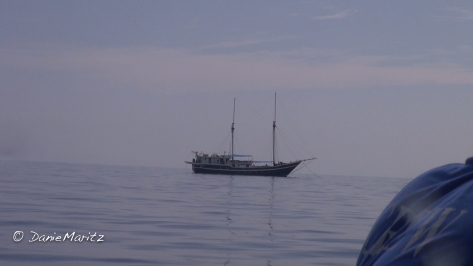
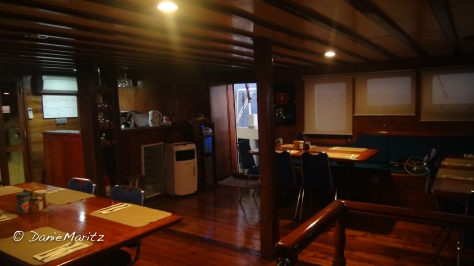
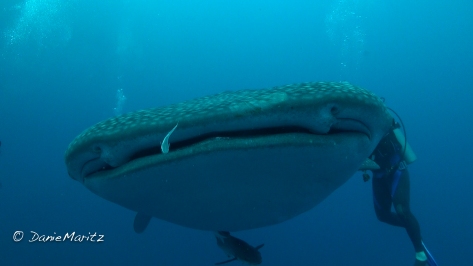
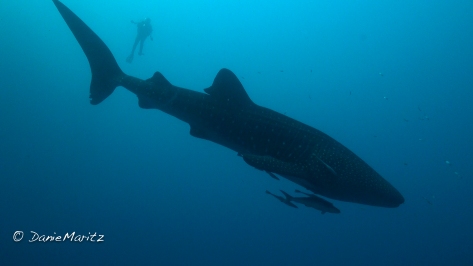
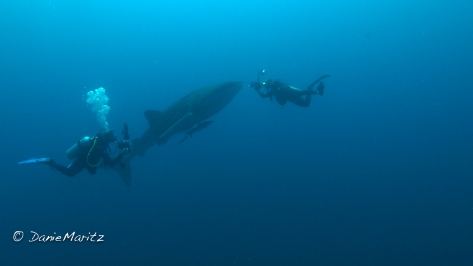
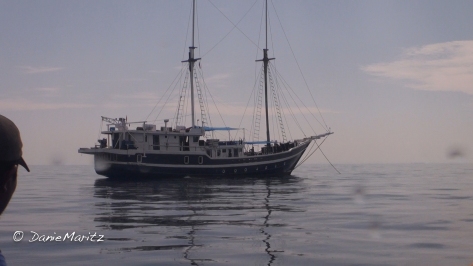
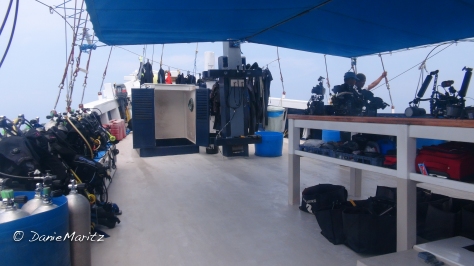
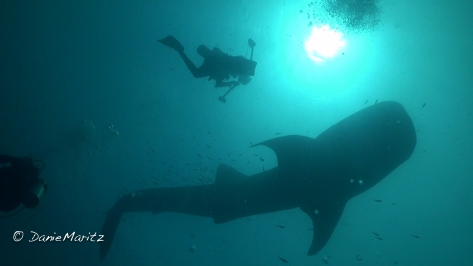
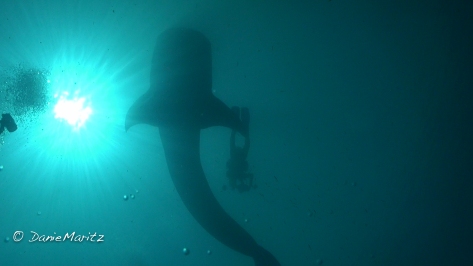
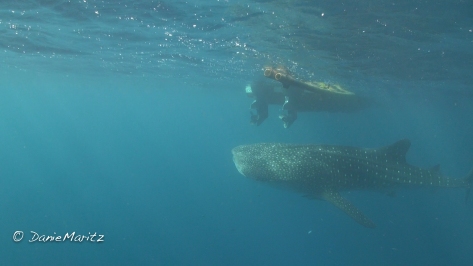
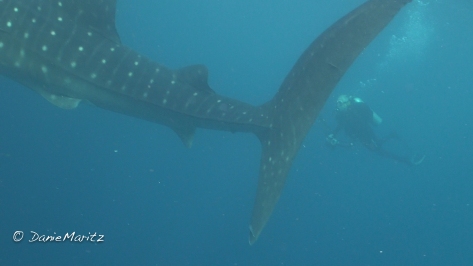
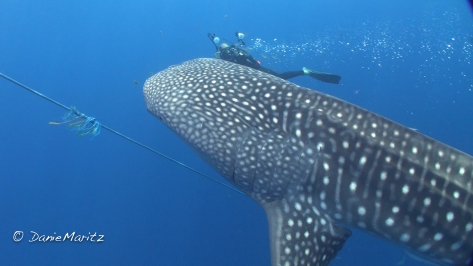
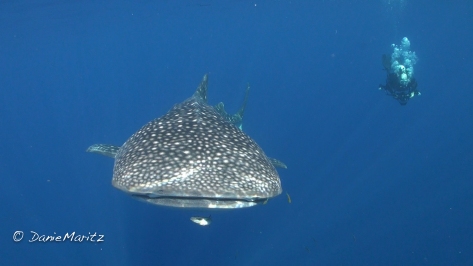
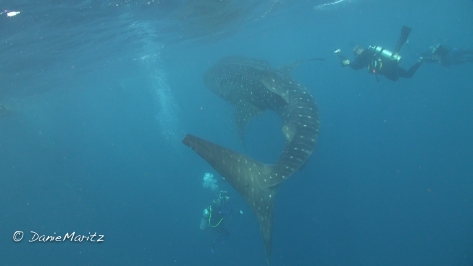
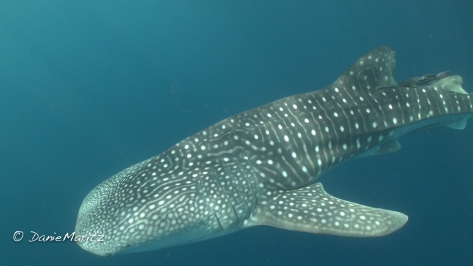
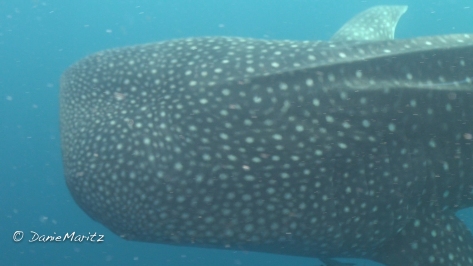
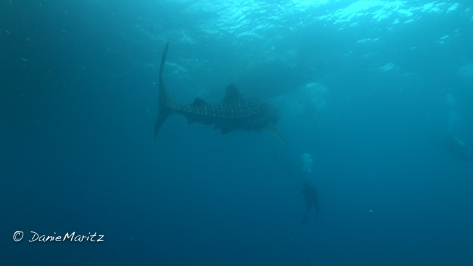
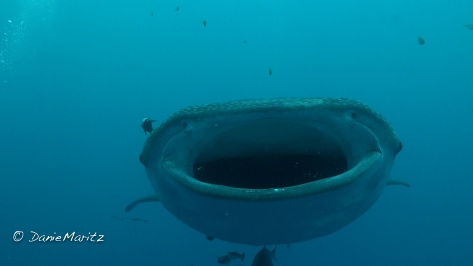
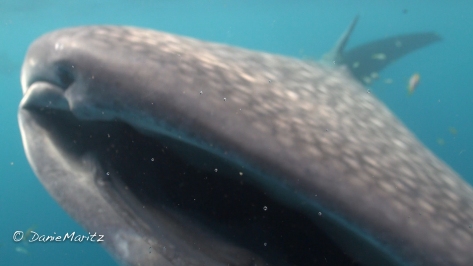
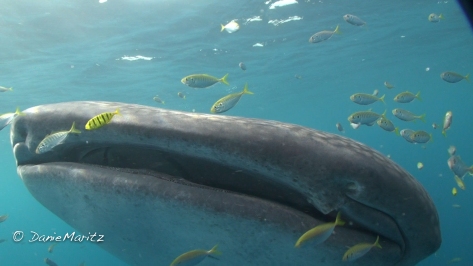

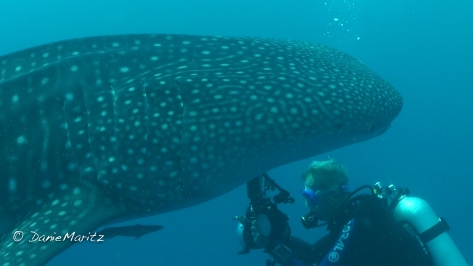
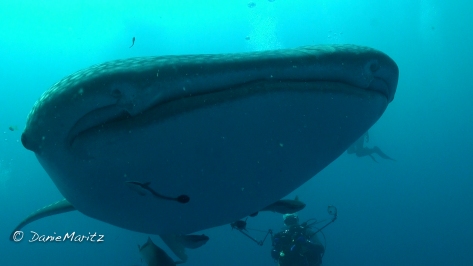
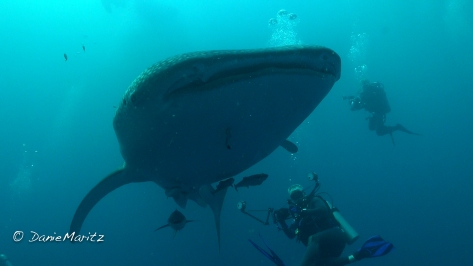
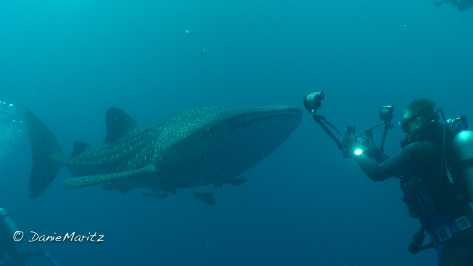
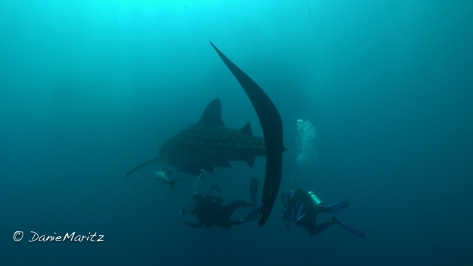
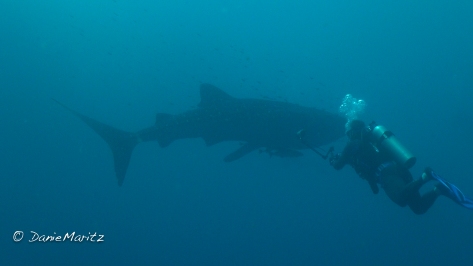
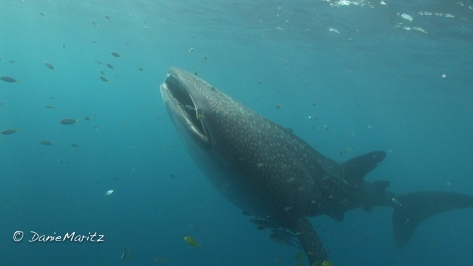
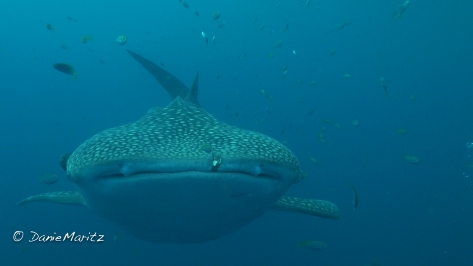
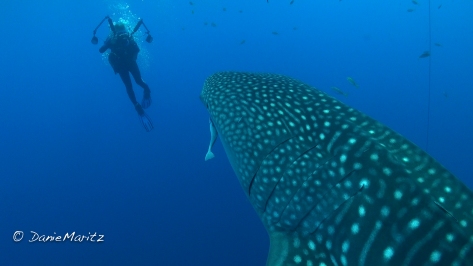 We found that when there were a couple of scuba divers in the water, the whale shark would approach and would swim past each and every one of us in turn. All you have to do is to is to stay in on place, they will find you.
We found that when there were a couple of scuba divers in the water, the whale shark would approach and would swim past each and every one of us in turn. All you have to do is to is to stay in on place, they will find you.
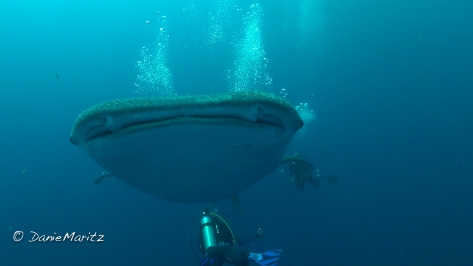
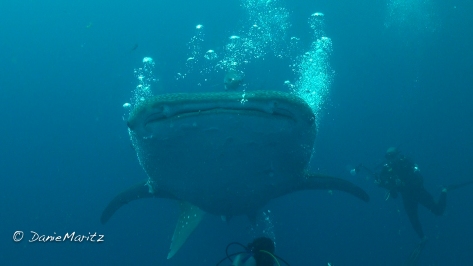 In
In 